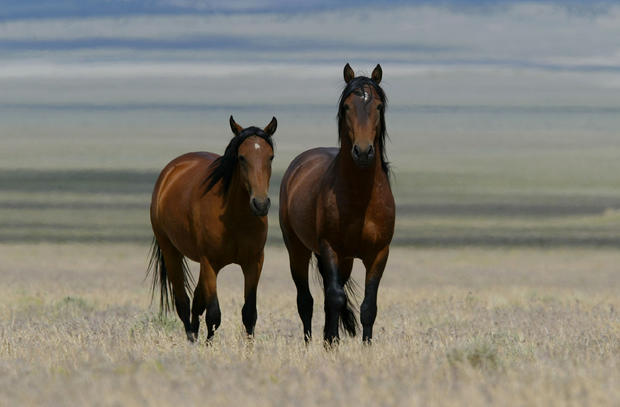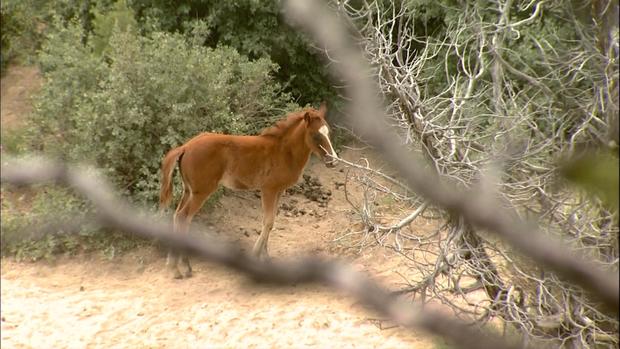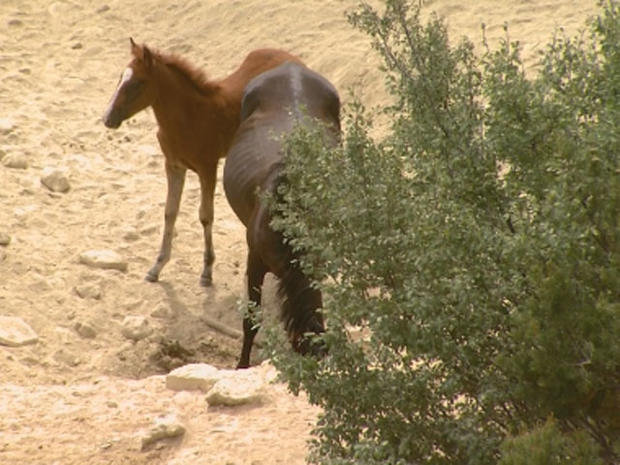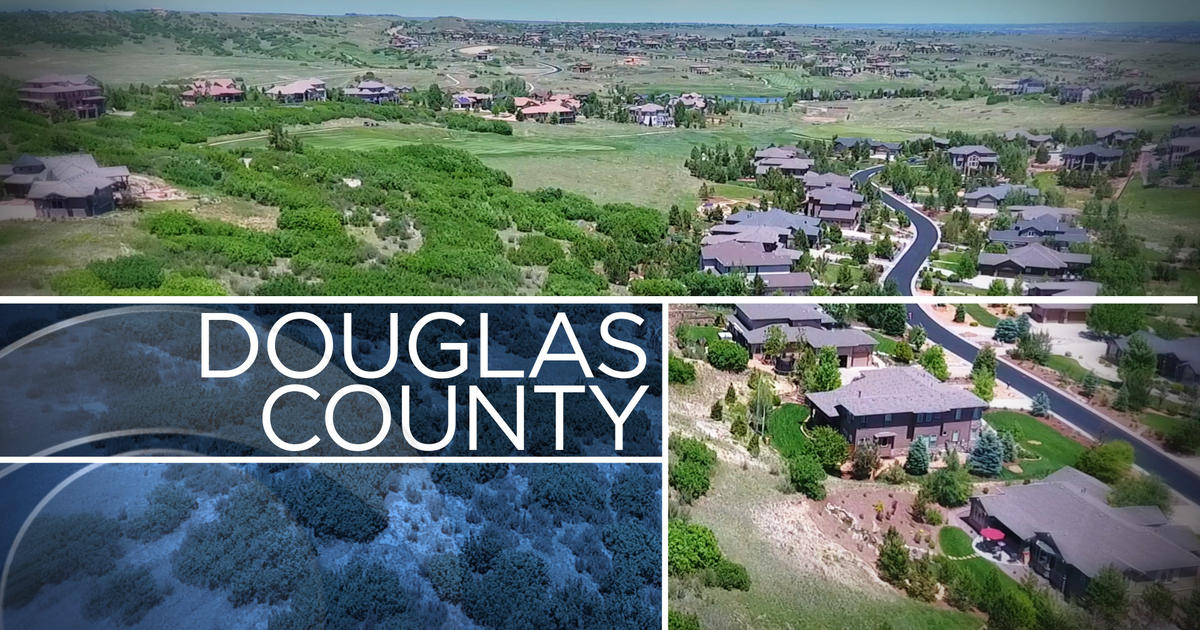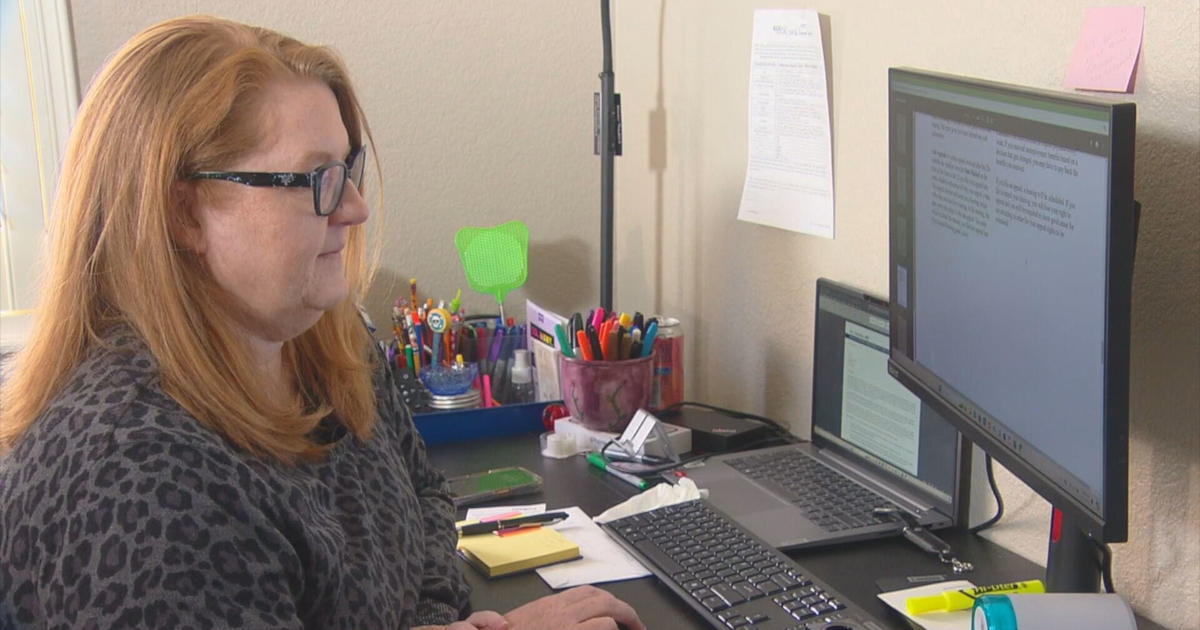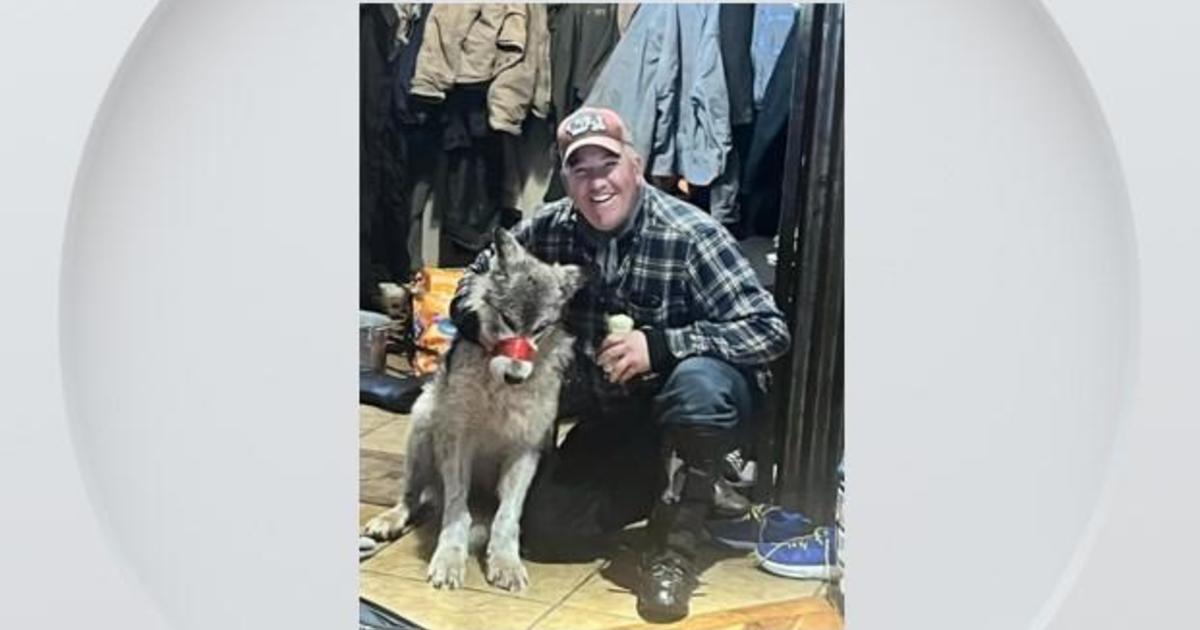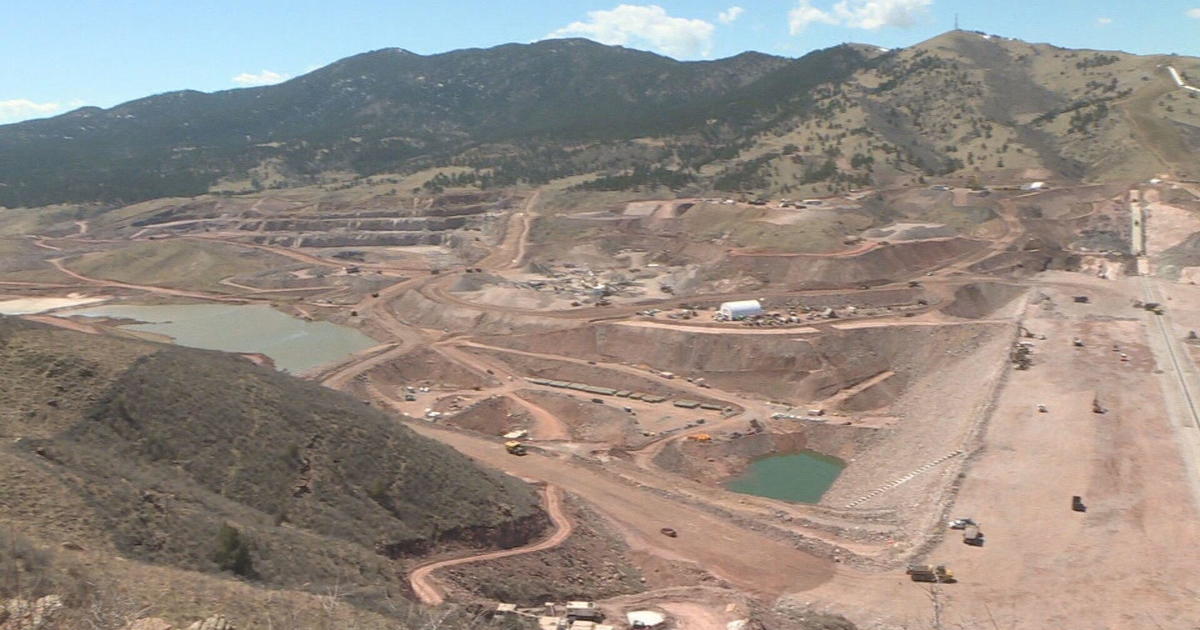BLM's Wild Horse Program Under New Scrutiny Due To Slaughterhouse Sales
DENVER, Colo. (CBS4) – A multi-year, federal investigation into claims wild horses captured in Colorado were auctioned to a man who then resold them to be sent to slaughter houses in Mexico is again renewing calls for reform in to the Bureau of Land Management program.
The Office of Inspector General released their full report Friday. The agency completed an investigation into Tom Davis, a Colorado rancher and livestock hauler, after receiving allegations that Davis purchased approximately 1,700 horses from the Bureau of Land Management's (BLM) Wild Horse and Burro Program (WH&B) between 2008 and 2012 and wrongfully sent the horses to slaughter.
During their investigation Davis admitted that most of the horses he purchased from BLM went to slaughter, but he denied that he transported the horses directly to slaughter. He explained that prior to purchasing horses from WH&B he made arrangements with buyers -- whose names he would not disclose -- who transported the horses to Mexico.
Davis said WH&B employees asked him several times if he was selling the horses to slaughter. He reassured WH&B that he was not selling them to slaughter and reported on his applications that the horses were going to good homes. Davis also admitted that he knew he was not supposed to sell the horses to anyone that would take them to a slaughterhouse.
In addition, the federal investigation found that the BLM implemented and followed policy that contradicted legislation by not destroying horses to maintain an ecological balance, and the 2004 Burns Amendment, by placing limitations on horse sales.
The U.S. Attorney's Office for the District of Colorado as well as the State of Colorado Conejos County District Attorney's Office both declined civil and criminal prosecution.
REPORT: WildHorseBuyer_Public.pdf
In a statement sent to CBS4 Tuesday, the BLM wrote they are "committed to improving the health and management of wild horses and burros on federal lands in the West. We take very seriously the findings of the July 7, 2015, Department of the Interior Inspector General report involving Mr. Davis and the events that occurred in 2012."
BLM officials told CBS4 in light of the allegations; the BLM immediately implemented a policy to ensure that horses were sold only to good homes, including limits of four horses over a six-month period to a single buyer. This policy has helped the BLM avoid situations similar to those involving Mr. Davis by ensuring that purchasers provide appropriate care and facilities for the animals.
Currently there are close to 50,000 wild horses and burros housed in large pens across the country waiting to be adopted. The BLM says it the total lifetime cost to house an animal not adopted is $48,000.
RELATED: Wild Horses Story Archive
Due to the ban on selling horses to be sent to slaughter facilities elsewhere, the number of horses being rounded up and then housed by the BLM has exploded over the last decade.
BLM officials say they are currently launching 21 separate research projects aimed at developing new tools for managing healthy horses and burros on healthy rangelands. But those new tools may be hard to come by.
LINK: Statement From Wayne Pacelle, President And CEO Of The Humane Society Of The United States
Wild horse advocates told CBS4 on site of a BLM roundup on the Western Slope earlier this year the program is not sustainable. Currently the only other option to manage the horses in the wild as their numbers balloon every year is fertility treatments. This method comes with its own set of problems. The fertility drugs must be hand-dosed every year, something that is not an easy or inexpensive task to complete, according to the BLM.
There are nearly 60,000 wild horses and burros currently on the range, and again that number continues to grow. Left unchecked, BLM managers say the horse herds will grow until there is no more food left for them; starvation in large numbers is the predicted outcome.
Wild horse advocates told CBS4 the lack of food in the range is not only due to the horses, but to over grazing by ranchers who pay a small fee to use the BLM rangeland for their cattle. BLM officials say they must manage for several uses and are mandated by Congress to manage for all types of uses, not just the horses.
Currently at a Canon City holding pen about 2,000 wild horses are housed in pens. A small fraction of those are turned over to a Colorado Department of Corrections program that allows inmates to train the horses.
Matt Kroschel covers news throughout Colorado working from the CBS4 Mountain Newsroom. Send story ideas to mrkroschel@cbs.com and connect with him on Twitter @Matt_Kroschel.
